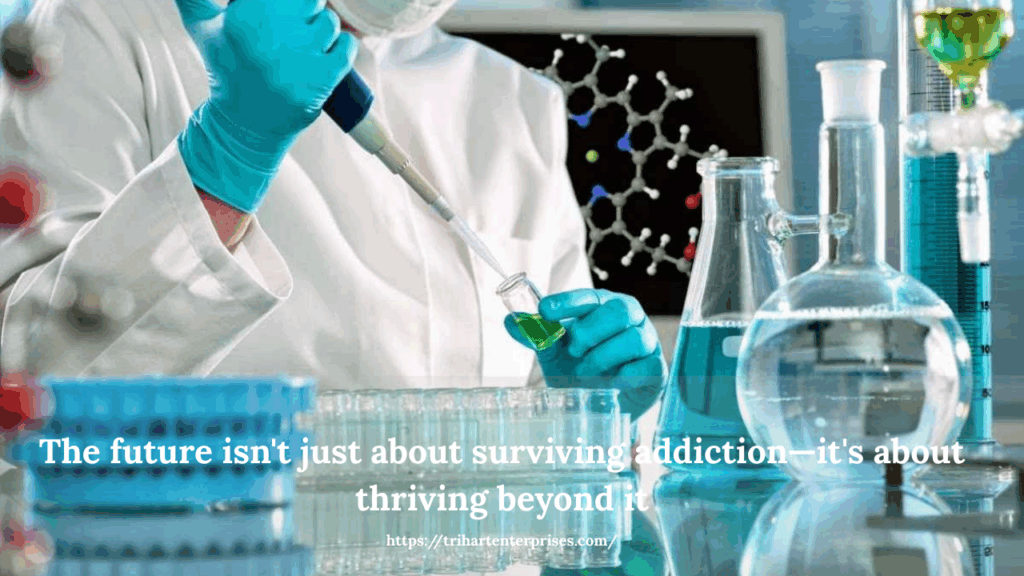
Addiction is no longer viewed solely through a lens of willpower or moral weakness. Thanks to decades of research and advances in medical science, it is now recognized as a complex, chronic condition rooted in neurobiology, environment, and mental health. As we move forward, innovative technologies and cutting-edge treatments are changing the way we approach addiction recovery—bringing new hope to individuals, families, and communities affected by substance use disorders.
Rethinking Treatment with Medical Breakthroughs
One of the most transformative shifts in addiction medicine is the move toward personalized care. With the help of genetic testing and neuroimaging, clinicians can now better understand how an individual’s brain responds to substances and tailor treatment accordingly. Pharmacogenetics, the study of how genes affect a person’s response to drugs, is making it possible to choose medications that are most likely to work with fewer side effects.
Medication-Assisted Treatment (MAT) continues to evolve, with improvements in drugs like buprenorphine and naltrexone, which manage cravings and reduce the risk of relapse. Researchers are also exploring long-acting formulations and implants that ensure consistent dosing and compliance.
Digital Therapies and Virtual Support
Technology is playing a crucial role in making addiction treatment more accessible and effective. Telehealth services are expanding, particularly in rural and underserved areas, allowing patients to receive counseling and medical support from the comfort of home.
Apps and wearable devices are also entering the scene. These tools can monitor mood, sleep, and stress levels, providing real-time feedback and even alerting support systems when intervention may be needed. Some apps incorporate Cognitive Behavioral Therapy (CBT) techniques, while others use AI to customize motivational messages and relapse prevention strategies.
Virtual reality (VR) therapy is another exciting development. In controlled environments, patients can safely experience and confront triggers while learning to manage their responses. This type of immersive therapy helps build resilience before facing real-world temptations.
The Promise of Psychedelic-Assisted Therapy
Once controversial, psychedelic-assisted therapy is now being seriously explored for its potential to treat addiction and co-occurring mental health conditions. Substances like psilocybin and MDMA have shown promise in breaking addictive patterns, particularly when paired with guided psychotherapy. These treatments may help individuals gain new perspectives, resolve trauma, and foster emotional healing.
Holistic and Integrative Models
Innovative recovery programs are moving beyond detox and abstinence to embrace holistic care. Nutrition, physical fitness, mindfulness meditation, and trauma-informed therapy are being integrated into treatment plans to heal the whole person. This shift recognizes that sustainable recovery involves more than just avoiding substances—it requires building a healthy, fulfilling life.
A Future Fueled by Hope
Addiction recovery is entering a new era—one where science, compassion, and technology work together to support lasting healing. As treatments become more personalized, accessible, and effective, individuals battling addiction are no longer limited to outdated models of care. Tomorrow’s innovations are giving rise to a future where recovery is not just possible, but probable.
With continued research and the will to embrace new possibilities, the next generation of addiction treatment will help millions reclaim their lives with dignity and hope.
